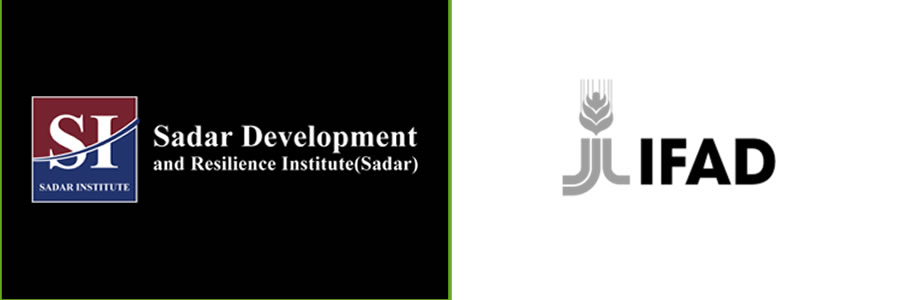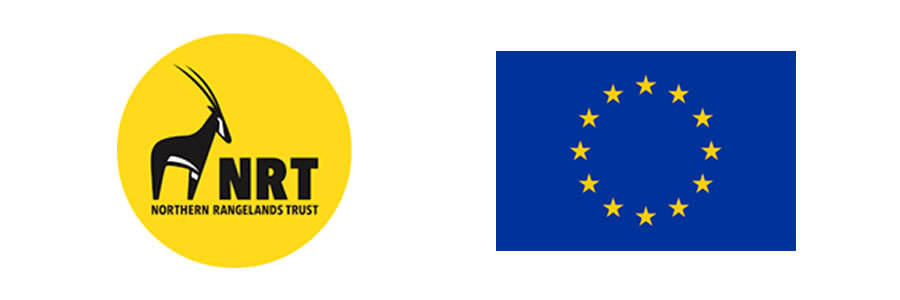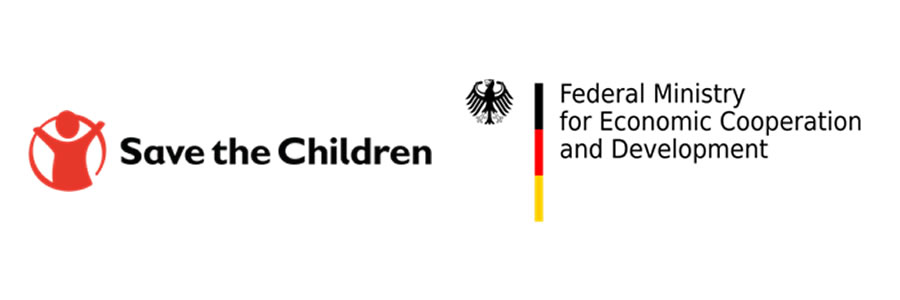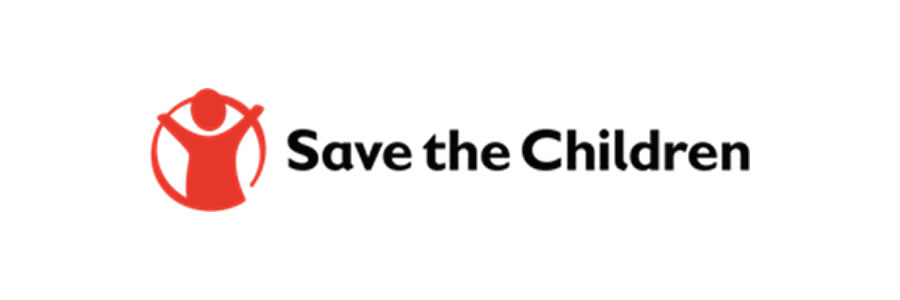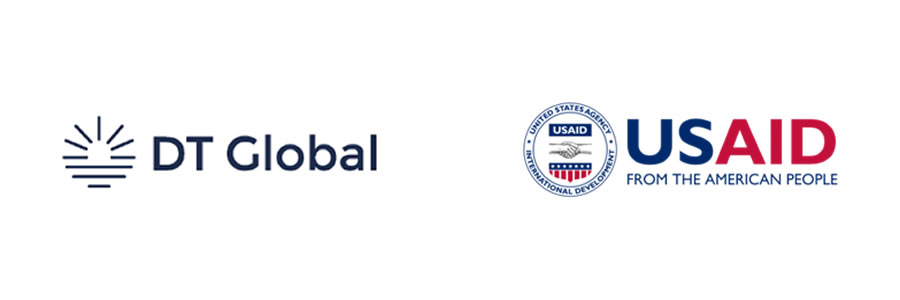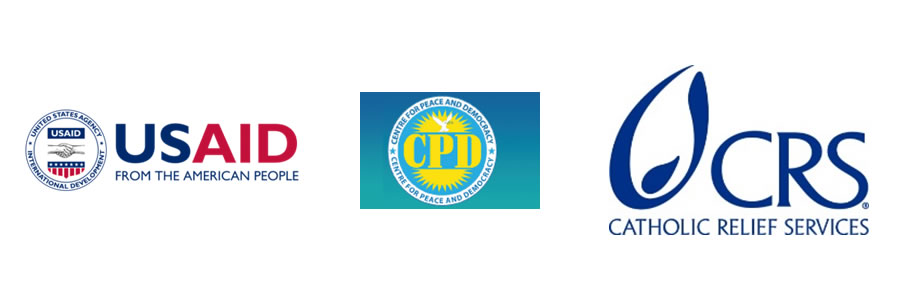
INSIGHTS conducted a gender analysis and developed a Gender Strategy for the USAID-funded "Nabadoon Reconciliation Activity" (Nabadoon) in Somalia. The Nabadoon Reconciliation Activity, a five-year program, aims to foster community reconciliation and resilience in Somalia, particularly in the districts of Barawe, Afgooye, Jowhar, and Warsheikh. The program is implemented by a consortium led by Catholic Relief Services (CRS), with Center for Peace and Democracy (CPD) and Somali Solidarity for Welfare and Change (SSWC) as implementing partners.
[showhide]
Commissioned by CPD, the gender analysis aimed to support the integration of gender throughout the Nabadoon project cycle, addressing gender-based power dynamics, harmful masculine norms, and promoting the inclusion, participation, and empowerment of women, youth (18-29 years, both male and female), and persons with disabilities.
The gender analysis filled knowledge gaps identified in the baseline assessment and informed the design and implementation of gender-responsive and transformative activities. It aimed to overcome district-specific participation constraints, such as meeting times, location distances, conflict sensitivity, and adherence to the "Do No Harm" strategy. Furthermore, the analysis sought to identify how Nabadoon activities were not causing unintended harm to the target groups while promoting their active participation in conflict resolution and peacebuilding. The gender analysis also assessed the integration of gender issues in peacebuilding, conflict resolution, and natural resource management, providing recommendations for better integration of gender considerations to achieve more equitable outcomes.
The second component of the analysis was to develop a Gender Strategy for the Nabadoon Activity. Effective mainstreaming of gender equality and social inclusion is crucial for natural resource management and peacebuilding initiatives in Somalia, and the Gender Strategy is an essential cross-cutting component of the Nabadoon Project. The strategy provides a framework to guide the project and its consortium partners, ensuring gender considerations are integrated into all aspects of the program. The primary target audience for the strategy includes the consortium partners and Nabadoon communities/participants who will be responsible for its implementation. Secondary audiences include organizations and individuals working to empower marginalized groups, particularly women, in Somalia. The strategy aims to promote inclusive participation, address gender inequalities, and foster a more equitable and sustainable impact for all involved.
[/showhide]

